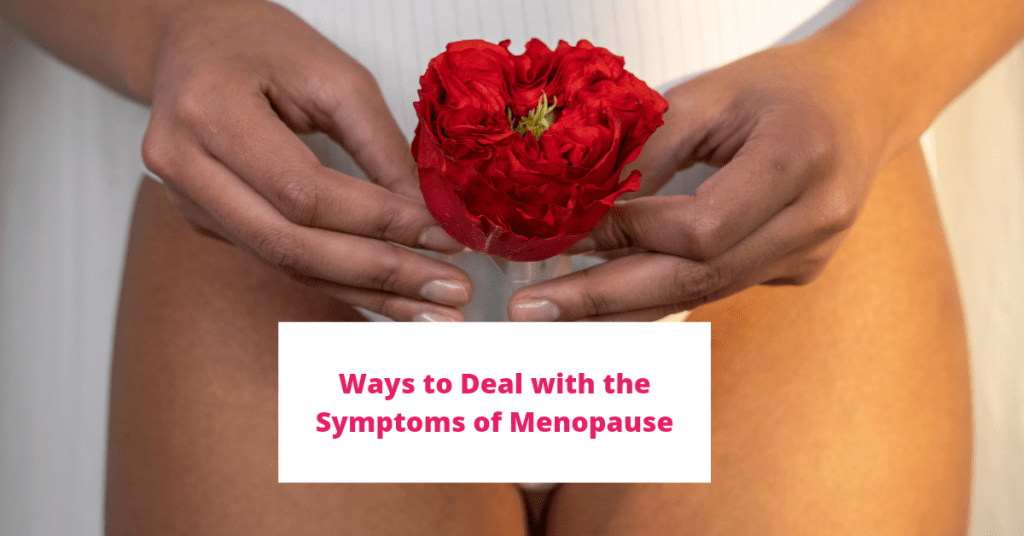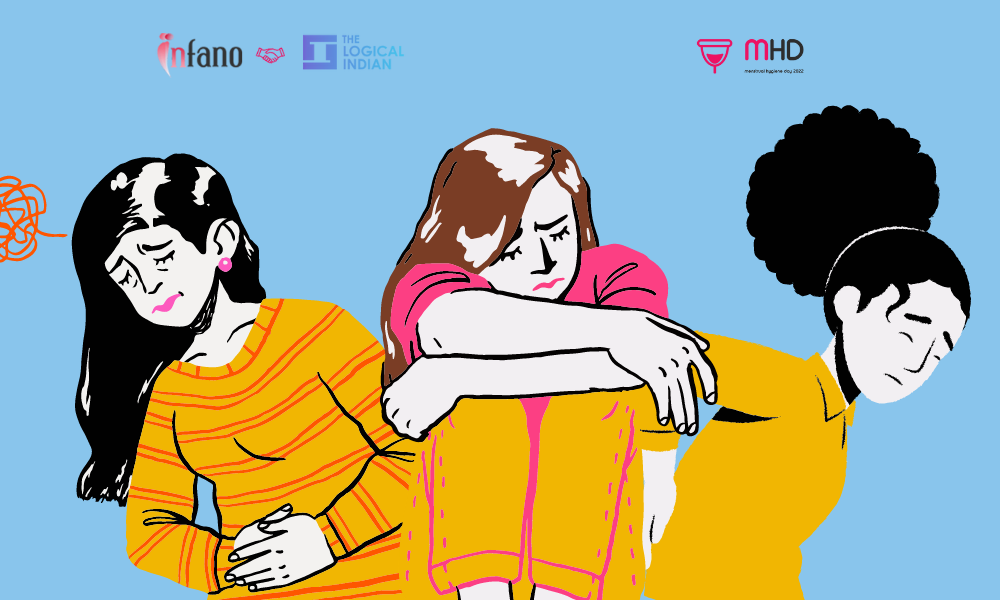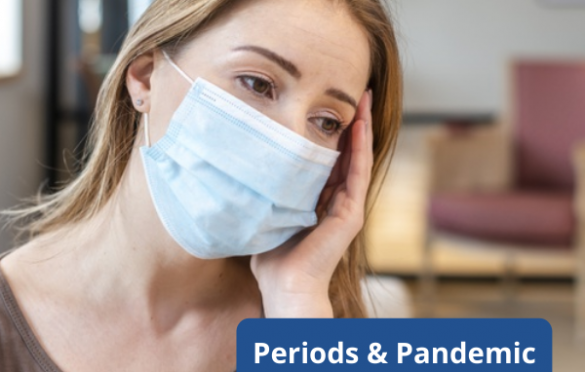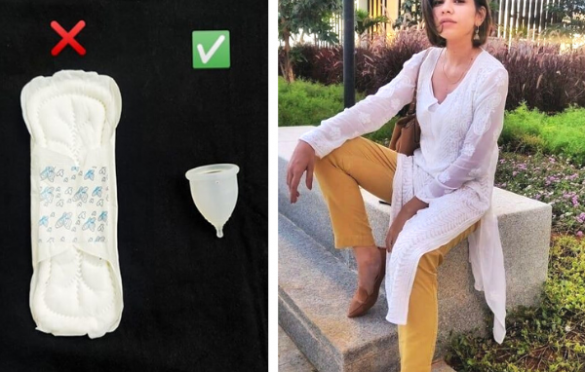Ovulation is the release of an egg from the ovaries every month. Women produce estrogen and progesterone hormones that control their menstrual cycle and fertility during this time. Ovulation usually happens mid-cycle, about 14 days before a woman’s next period starts. For those who are trying to conceive, knowing the benefits of ovulation is like knowing the ‘fertile window’ when they are more likely to get pregnant.
The menstrual cycle is the regular monthly release of hormones from the hypothalamus and pituitary glands, which cause the ovaries to release an egg. During this time, the body prepares for pregnancy. Ovulation occurs when the follicle ruptures and releases an egg from the ovaries.
Ovulation occurs every month as the egg matures. Ovulation is a healthy and natural process. It is an important milestone for people with ovaries who are trying to get pregnant and those who use natural family planning methods.
What is Ovulation?
Ovulation is the process of releasing an egg from one of the ovaries. The most fertile time for most women is about two weeks before the next period, which is called the follicular phase. This usually lasts for about 12-14 days and can result in pregnancy if there is intercourse with ejaculation during that time. On the other hand, it can happen at any point during the menstrual’s cycle, and some can even have more than one egg released each month.
How does Ovulation Affect Women?
Research has found that ovulation is a natural process in the menstrual cycle that stimulates the body to produce estrogen. The estrogen hormone enhances the libido and sexual arousal, giving an increased interest in sex. In addition, it stimulates the production of the female hormones progesterone and testosterone.
What are the Signs of Ovulation?
There are several signals that can indicate that you are about to ovulate. Here are some of the most common ones:
- Fertility App prediction for regular mestrual cycles
- Basal Body Temperature
- Cervical Mucus
- Mood Swings
- Cervix Positioning
The most reliable sign of ovulation is cervical mucus production. The consistency of this mucus changes with your menstrual cycle, and it becomes wetter and more elastic around the time of ovulation. Although it might be difficult to notice this mucus, which is really more like a slippery fluid than the mucus you find in your nose, it is very important as it can be used to accurately time ovulation. A change in cervical mucus is the most accurate way of knowing if you are about to ovulate, but it is not the only way. There are a number of other signs that ovulation will occur, including increased body temperature; increased sex drive
What are the Benefits of Ovulation?
Ovulation comes with a number of benefits, which include a decrease in the risk of ovarian cancer and an increase in fertility. The benefits of ovulation also helps you to understand what is happening with your hormones and reproductive system. Some people only ovulate every other month or so, but there are some who may not have any cycles without being pregnant.
A new study published in Cell shows the benefits of estradiol. High levels of this hormone are shown to have positive effects on muscle metabolism, insulin sensitivity, bone strength, and the cardiovascular system.
Ovulation hormones offer weekly benefits to different human physiology. Progesterone eliminates inflammation, regulates immune function, and aids in thyroid function. It adds support to healthy breast tissue and healthy brain functions. The cycle also reduces the risk of ovarian cancer.
The benefit of ovulation is both short-term and long-term: women become stronger and build a metabolic reserve and better health. With ovarian hormones, the benefits of ovulation are both short-term: women become stronger, and long-term: building metabolic reserve and better health.
Canadian endocrinology professor Jerilynn Prior explains that women benefit from ovulation for many different reasons: “women benefit from 35 to 40 years of ovulatory cycles, not just for fertility but also to prevent osteoporosis, stroke, dementia, heart disease, and breast cancer.”
What are the Risks Associated with Ovulation?
Specific risks associated with ovulation include irregular periods and an increased risk of ovarian cancer and breast cancer. It is also important to note that not having ovulation may be linked to a number of health problems, including infertility, menopause, and osteoporosis. Most women are able to have a baby after they stop using the pill. Take this quiz on the menstrual cycle to help you learn more. However, the pill can be a good option if you want to prevent pregnancy and have experienced any of the following: For birth control pills, this includes a missed period as well.
The ovary, which is the site of oocyte production, maintains production at a steady rate. Women are born with about one million eggs that are developed in the ovaries. These eggs are continuously being processed by the follicle so that only one matures each month. The uterus, which is the site of fertilization and development, constantly changes due to hormonal influence.
Ovulation is an important part of life for most healthy humans. For Professor Prior, it’s a “creator of good health,” which is most telling when taken as an indicator of good health. According to the author, most things that may be problematic with regard to your health are revealed in the lack of ovulation.
Doctors should always ask their patients about menstruation so as to show them how it is integral to their overall health. In December 2015, the American College of Obstetricians and Gynecologists agreed with the American Academy of Pediatrics on a groundbreaking statement that might have been overlooked by many–Menstruation in Girls and Adolescents: Using the Menstrual Cycle as a Vital Sign.
Learning to observe, chart, and interpret an ovulatory cycle is one of the most significant steps women can take. Called body literacy, it demands proactive awareness by being in tune with our own fertility. Mastering this skill will have powerful benefits across your life.
If you aren’t considering the benefits of ovulation, you’re not considering your overall health using ovulation as a tracker of good health. Infano‘s period tracking app can help you track your menstrual cycle and predict ovulation dates. You can download the app here.
Read more about menstruation on our blog: https://infano.care/category/periods/



















